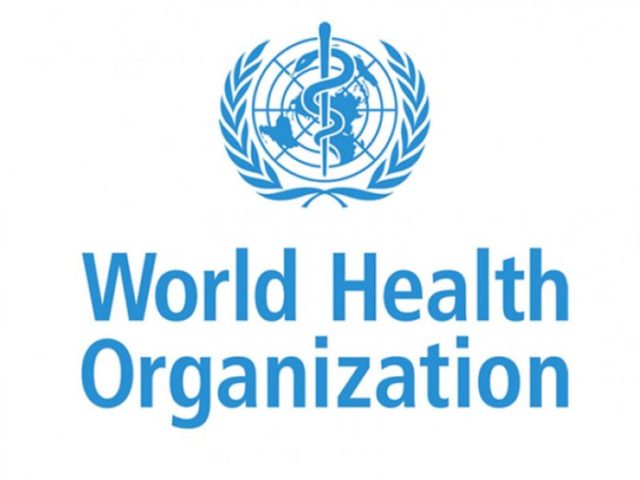The World Health Organisation (WHO) has warned Nigeria and other countries implementing lockdown orders to ensure their poor populations have food and other essential items, saying failure to do so might have unintended consequence on the fight against COVID-19 pandemic.
Stating this Thursday, the Director General, WHO, Tedros Ghebreyesus, said social distancing and lockdown will help slow down the spread of COVID-19 when the citizens, especially the vulnerable ones have food and other life essentials, saying if these two were unavailable, the purpose of lockdown may not be achieved.
He said: “Countries are asking people to stay at home and they are shutting down population movement to limit the COVID-19 transmission. These steps can have unintended consequences for the poorest and most vulnerable. I call on countries to ensure these populations have food and life essentials during the crisis. We must minimize the potential impact of this crisis on the food supply chain, and the unintended impact on global trade and food security.
“Governments’ response to COVID-19 should include the one for vulnerable people and those living with disability. Those living with disability must not be discriminated against in medical decision-making. Their rights must also be protected,”
He said the Prime Minister of India, Narendra Mordi has commenced the approach in the country of over 1.38 billion persons, adding that he has announced a support package of $24 billion for the most vulnerable in the country who will be affected by the lockdown and stay-at-home order the government imposed on the country as a means to halt the spread of the disease.
Ghebreyesus said: “India’s palliative measures included free food rations for 800 million disadvantaged people, cash transfer to 204 million poor women, free cooking gas for 80 million households, among others.”
The DG said for countries unable to implement the palliative and other social welfare packages, the international community should offer them debt relief. “There should be a broad and expedited agreement on debt relief as this will be essential to enable them care for their people and avoid economic collapse.
He also warned that in the face of lack of vaccines and cures for COVID-19 which has now affected over 800, 000 persons, countries must only recommend medicines of public safety and efficacy that would benefit the people.
“The essential medicines needed most are the ones that satisfy the priority healthcare needs of the population, and the ones selected with due regards to disease prevalence and public health relevance, evidence of efficacy and safety and comparative cost effectiveness. Another essential medicine needed is the one intended to be available within the context of functioning health systems at all times in adequate amounts in the appropriate dosage forms with assured quality and adequate information and at a price individuals and communities can afford,” he added.
Although Nigeria has not recommended any drug for the treatment of COVID-19, the National Agency for Food and Drugs Administration and Control (NAFDAC) has ordered May and Baker Pharmaceutical company to commence clinical trial on the drug.
Source: ThisDayLive








